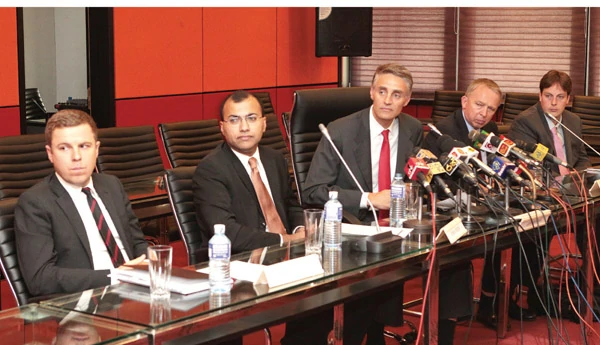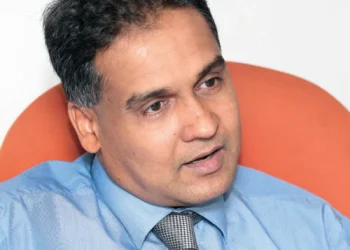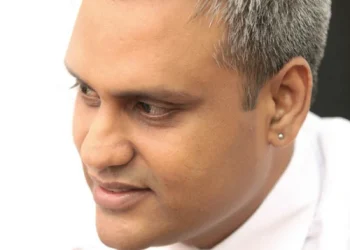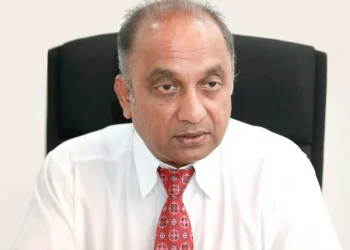
A staff mission led by John Nelmes visited Colombo to conduct discussions for the article IV consultation – the IMF’s regular exchange of economic views with each of its member countries – and to discuss possible financial support for Sri Lanka’s economic reform agenda under an Extended Fund Facility. The mission met with Government and Central Bank officials, as well as representatives of civil society and the private sector.
“Sri Lanka has achieved notable progress on a number of economic fronts over the past few years: growth has been robust, inflation has declined from high double digits, fiscal and external consolidation is underway, and the Standby Arrangement was successfully completed,” stated John Nelmes, head of the mission. He further mentioned that the economy of Sri Lanka has continued to adjust to the bold policy measures undertaken by the authorities during 2012 to address emerging imbalances.
The growth of credit as well as demand have slowed down to a more sustainable pace while the trade deficit has narrowed. Furthermore, the Government was able to achieve a small balance of payments surplus in 2012. During the same time, external demand was undermined by continued weakness in the global economy while the drought that prevailed in Sri Lanka for most part of the year hindered the agriculture production. As a consequent, the real GDP growth is estimated to have slowed to six percent last year and inflation rose to upper single digits.
However, it is projected that the real GDP growth will increase to around six and a quarter percent in 2013. “The recovery will likely be constrained by the need to continue fiscal consolidation; high inflation, which limits the room for near-term monetary easing; and a continued slow recovery in Sri Lanka’s main trading partners, particularly the US and EU,” said Nelmes. An excess supply gap, which will contribute in lowering inflation pressures through the year, is expected to arise in the year 2013. Therefore, Nelmes further affirmed that the mission agreed with the authorities that lowering inflation to mid-single digits in the coming years would bolster macroeconomic stability. This coupled with structural reforms to enhance productivity and competitiveness is expected to support robust growth over the medium term.
Nelmes added that the mission welcomed the authorities’ commitment to continued fiscal consolidation, given public debt levels remain elevated. In 2012, through expenditure restraints and delays in cash payments, the Government kept the budget deficit close to the target of six and a quarter percent of GDP and their plan of reducing the deficit to five and a three quarter percent in 2013 is deemed appropriate by the mission. However, in the year 2012, the tax revenues fell below 11 and a half percent of GDP – one of the lowest in the region – indicating slowing activity, falling imports, exemptions and issues with tax administration. As a response to these issues Nelmes said, “in view of the mission, measures are needed to broaden the revenue base and strengthen administration to support fiscal consolidation, which would otherwise rely too much on reductions in spending, especially capital spending, which would have the potential to undermine medium run growth.”
The mission also put emphasis on continuing the protection of social-sector spending while discussing the adverse effects of the drought that has influenced the financial performance of the Ceylon Electricity Board and Ceylon Petroleum Corporation. Nelmes emphasised on the need to move towards cost recovery pricing to place them on a sustainable footing. Nelmes remarked, “the mission and the authorities explored the possibility of a new IMF programme designed to build on Sri Lanka’s achievements under the SBA.” The discussion focused on a number of issues including further fiscal and related reforms that would consolidate and extend these achievements. “The authorities agreed on the reforms and noted that they already had plans, which they would undertake at the appropriate time. The mission and the authorities will stay in close touch and continue the close partnership between Sri Lanka and the IMF,” he concluded.





